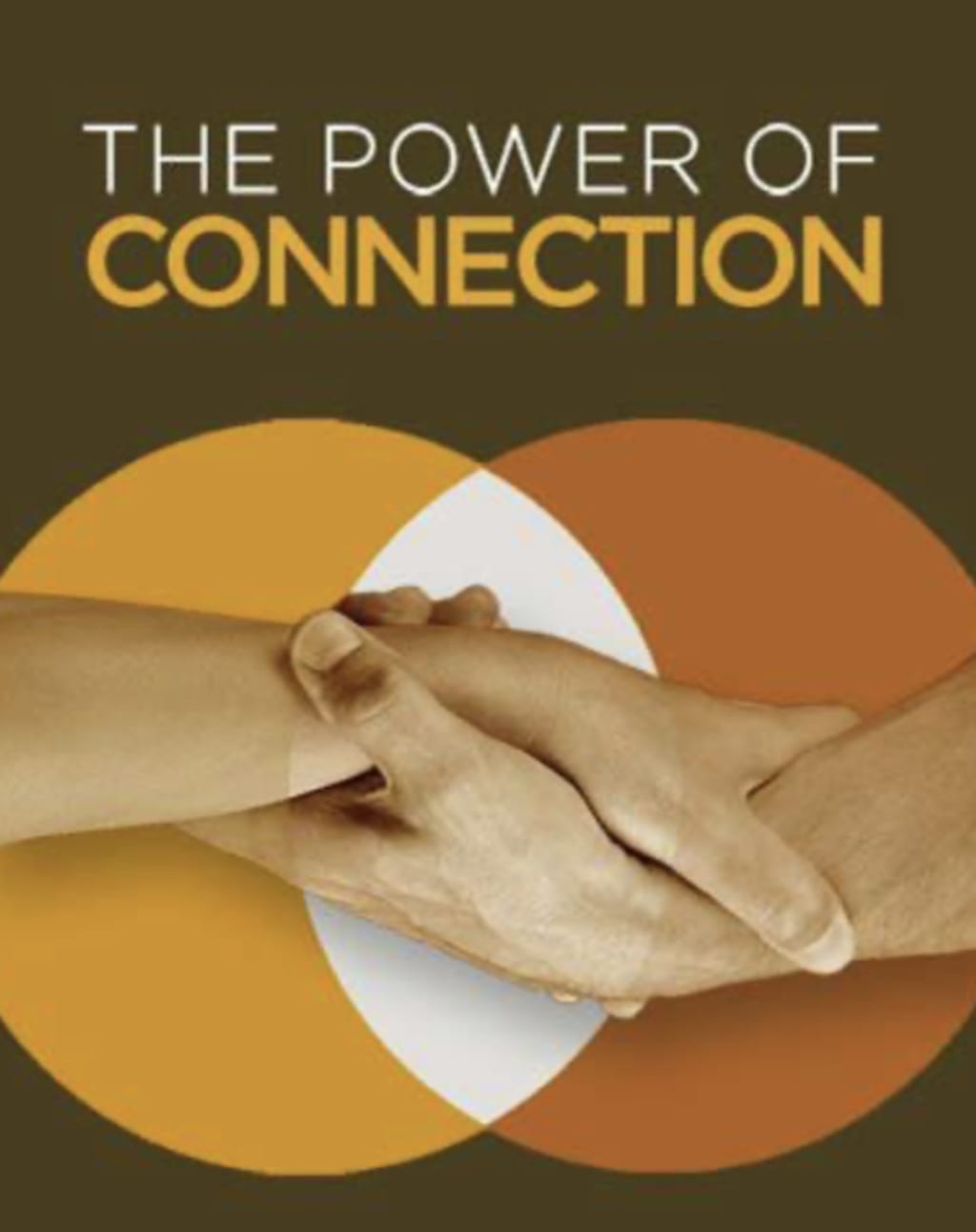The Power of Connectivity
How the Internet Transformed the World

Introduction
The Internet has become an integral part of modern life, revolutionising the way we communicate, access information, conduct business, and connect with one another. From its humble beginnings as a small-scale research project to its global reach and impact today, the Internet has transformed the world in ways that were once unimaginable. In this article, we will explore the power of connectivity brought about by the Internet, examining its history, its impact on various aspects of society, and the potential it holds for the future.
1. The Birth of the Internet
The journey of the Internet began in the late 1960s with the development of ARPANET, a network established by the United States Department of Defense. Initially intended to facilitate communication and data transfer among researchers and scientists, ARPANET laid the groundwork for what would eventually become the Internet.
2. The Dawn of the World Wide Web
The World Wide Web, invented by Sir Tim Berners-Lee in 1989, marked a crucial turning point in the Internet's evolution. The web allowed for the creation of interconnected web pages, accessible through hyperlinks, revolutionizing how information was organized and accessed. This innovation propelled the Internet into a new era of global connectivity and accessibility.
3. Instant Communication and Global Reach
The Internet transformed communication by breaking down geographical barriers. Email, messaging apps, and social media platforms enable instant communication with individuals across the globe. Whether it's connecting with friends, family, or business partners, the Internet has made the world feel smaller and more interconnected.
4. Access to Information and Knowledge
The Internet democratized access to information, making knowledge readily available to anyone with an internet connection. Online libraries, educational resources, and search engines have empowered individuals to learn, explore new topics, and acquire skills independently.
5. E-Commerce and Online Business
The rise of e-commerce revolutionized the way people shop and do business. Online marketplaces enable consumers to browse and purchase products from around the world, while businesses can reach a global audience without physical storefronts. E-commerce has transformed the retail industry and redefined the way we buy and sell goods and services.
6. Digital Entertainment and Media
The Internet has reshaped the entertainment industry, providing diverse content through streaming services, online gaming, and user-generated platforms. Accessible on-demand entertainment has changed the way we consume media, enabling personalized experiences and creating new opportunities for content creators.
7. Social and Cultural Impact
The Internet has facilitated the exchange of ideas, cultures, and perspectives on an unprecedented scale. Social media platforms enable people to connect with like-minded individuals, promoting activism, and raising awareness about social issues. The Internet has become a powerful tool for cultural exchange and promoting understanding among diverse communities.
8. Challenges and Concerns
Despite its transformative power, the Internet also brings challenges and concerns:
Digital Divide: The unequal access to the Internet in various parts of the world exacerbates existing inequalities, limiting opportunities for those without connectivity.
Privacy and Security: The vast amount of personal data exchanged online raises concerns about privacy and data security. Cybersecurity threats and online fraud necessitate robust measures to protect users' information.
Misinformation and Disinformation: The ease of sharing information on the Internet can lead to the spread of misinformation and disinformation, impacting public discourse and decision-making.
Addiction and Mental Health: Excessive Internet usage can lead to addiction and affect mental health, especially among young people. Striking a balance between online and offline activities is essential for overall well-being.
The Future of Connectivity
The Internet's evolution is far from complete, and its potential for the future is boundless. As technology advances, we can anticipate:
5G and Beyond: The rollout of 5G technology promises faster and more reliable connections, paving the way for innovations in telemedicine, IoT, and autonomous vehicles.
Artificial Intelligence and the Internet of Things: The integration of AI and IoT with the Internet will lead to more intelligent and interconnected systems, enhancing efficiency and convenience in various aspects of life.
Internet Access for All: Efforts to bridge the digital divide are ongoing, aiming to make Internet access affordable and accessible to underserved communities worldwide.
Conclusion
The Internet's transformative power has redefined the way we live, work, and interact with the world. Its ability to connect people, facilitate knowledge-sharing, and empower individuals and businesses underscores its importance as a catalyst for global progress. As we navigate the challenges and opportunities that come with an interconnected world, it is essential to foster responsible use of the Internet, promote digital literacy, and leverage technology to create a more inclusive and connected future for all. The Internet's journey is far from over, and its continued evolution will undoubtedly shape the destiny of humanity in ways we are yet to imagine.





Comments
There are no comments for this story
Be the first to respond and start the conversation.